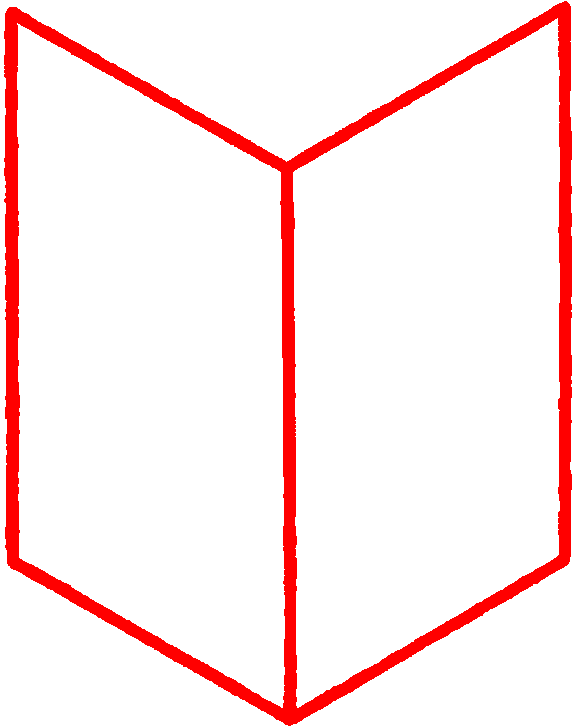Portrait of Benjamin Franklin / Trying to find flaws, if any, in an enlargement of a superdollar
Photographic print of c. 1770 etching, 2006 / photographic enlargement of Tony Law’s photograph for The New York Times, July 23, 2006, 48 x 69.5 cm

As it turns out, today is Benjamin Franklin’s 300th birthday. Writer, typographer, printer-publisher-politician, inventor, statesman, gentleman scientist, lover, linguist, librarian and the first Postmaster General of the United States, Franklin was the consummate networker — distributing his ideas far and wide through a dizzying range of practices. He established a network of printing franchises by sending former apprentices to set up shop in a new town and collecting his dues; he traveled extensively to London and the Courts of France fostering relationships and helping to form a nation; he wrote incisive arguments and entertainments under a constellation of pseudonyms to suit the purpose-at-hand including The Causist, Silence Dogood, Busy-Body, Poor Richard, and J.T.; he advocated a paper currency to facilitate liberal distribution of goods and services; he (reportedly) spread his affections among any number of women in the Colonies and beyond; and he published a weekly newspaper, an occasional magazine and the annual Poor Richard’s Almanack. Along the way, Franklin pursued his polymathic interests while inventing (a partial list): the medical catheter, the Armonica (a musical instrument), the first public lending library, a phonetic alphabet, volunteer fire department, the American Philosophical Society, the circulating stove, swimfins, a university, bifocals, the lightning rod, and the United States Postal Service.
–“Post-Master,” David Reinfurt, Dot Dot Dot #12, 2006
VOICEOVER: For over a decade police forces across the world have been hunting a criminal cartel with a license to print money. They’ve been distributing the highest quality counterfeit notes ever produced. The forgeries are so realistic that even the experts can’ʼt tell the difference.
DCI MARK SMITH: They would go through banks, they could be cashed at travel exchanges, bureaux de change, they were that good, that well made, that sophisticated.
VOICEOVER: Theyʼ’re known as superdollars.
VOICE OF SILCOCK: This is made on the same paper, the same ink, the same little colored flecks in the paper. Thereʼ’s that many of them in their economy, itʼs a joke.
VOICEOVER: For years superdollars have been passing unnoticed in banks throughout the world. Tonight, using exclusive surveillance footage, Panorama goes on the trail of the superdollar. We follow the tracks of a counterfeiting cartel around the world, from the rogue states of North Korea ...
–“Superdollars,” David Reinfurt, Dot Dot Dot #14, 2007
Go back
